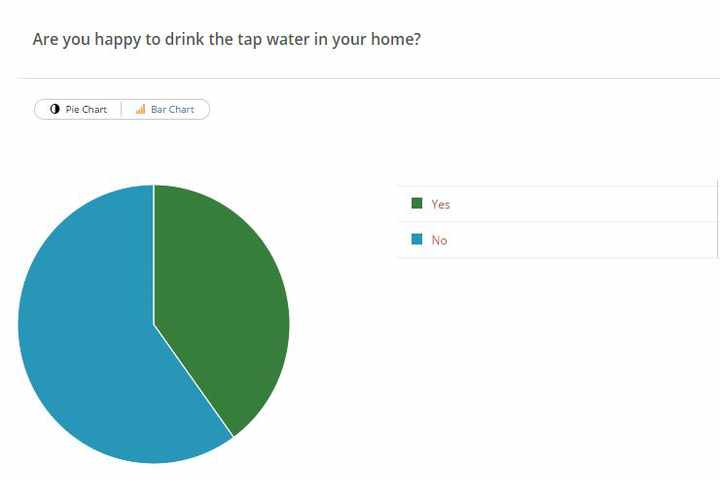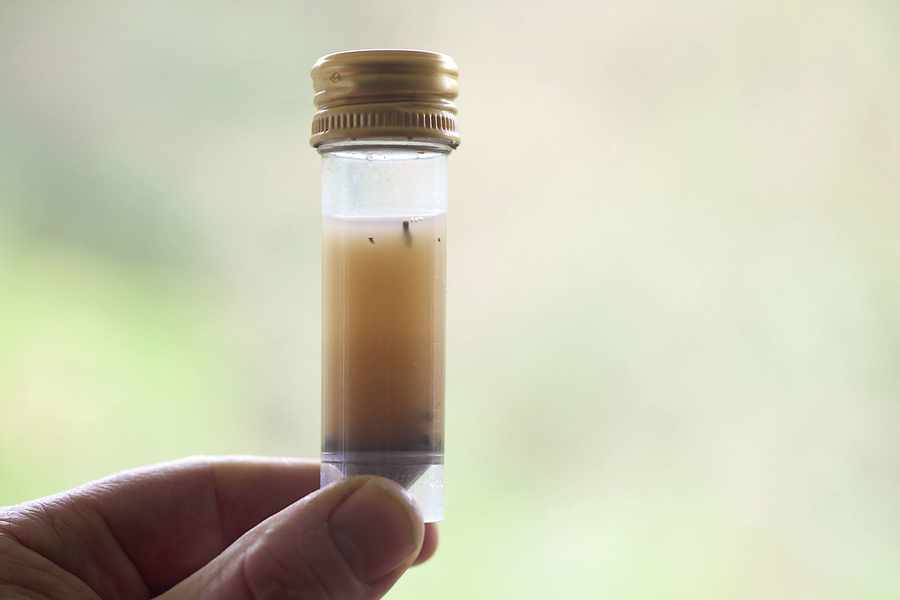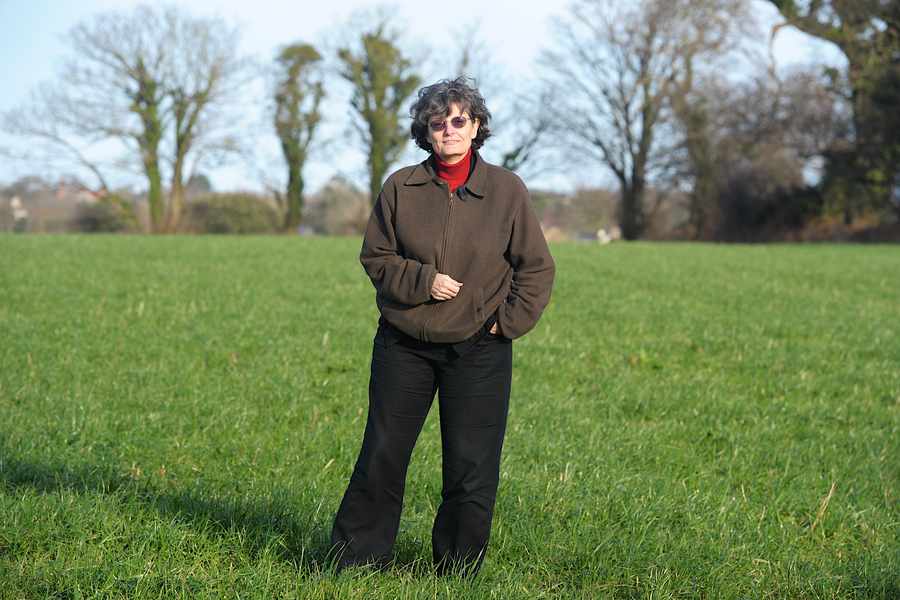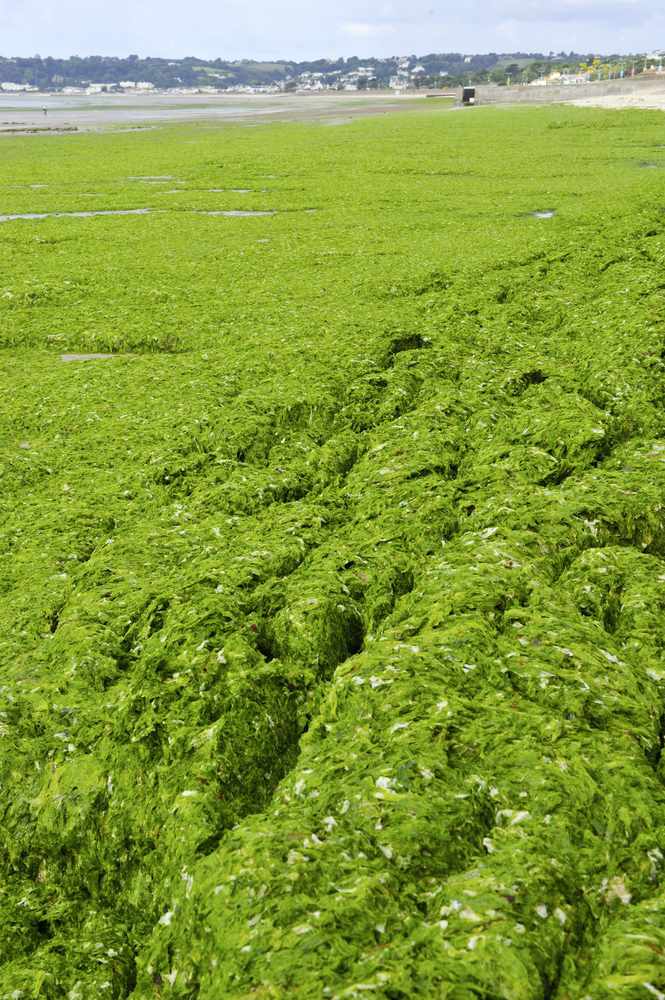Householders who have registered or licensed boreholes or wells have received letters and leaflets from the Environmental Health Department advising them to get the supply tested regularly by the States Official Analyst.
Boreholes and well water can be contaminated with bacteria, protozoa, pesticides, parasites and viruses or other substances, including nitrates.

Landlords and letting agents have also been contacted because they may have responsibility for properties or land with boreholes or wells which could be used as a drinking water supply.
Caroline Maffia, deputy head of Environmental Health, said: ‘Many people in Jersey have been accessing drinking water from wells or boreholes for many years without problems.

However there are risks, and we want to remind householders and landlords that it is important that they are aware of the origin and quality of the water they are drinking.
‘Some groups are at higher risk – for example we advise pregnant women to be especially careful about checking the quality of their drinking water in the same way that we would highlight the risks associated with soft cheeses and unpasteurised milk.’
Anyone who is concerned can obtain further advice on how to remove contaminants, such as installing water treatment equipment.
Meanwhile, a draft water plan for Jersey has been produced and a consultation is due to take place between now and December 2015.
The plan will then be considered by the States Assembly in the autumn of 2016.

THE carpet of green slime which often covers St Aubin’s Bay in the summer months could be gone forever, if an expert soil scientist is proved right.
Dr Elaine Ingham, a US-based academic who specialises in soil microbiology, claims that if Jersey’s farmers stop using chemical to kill pests and promote growth, then the Island will no longer have a problem with sea lettuce.
Currently a combination of a high level of nutrients, warm water and lots of sunshine in the spring causes an ‘algae bloom’ which washes up on our shores throughout the summer, particularly in St Aubin’s Bay.

However Dr Ingham, who is a world-leading authority on the subject of soil science, said the problem could be solved within months.
On a visit to the Island earlier this year she met staff from the Environment Department as well as environmental groups and farmers, and advised them how to fix the problem by returning the soil to its natural state.
Speaking after the meetings Dr Ingham, whose visit was paid for by the Jersey in Transition Group, which has an ecology group interested in soil, said: ‘All people have to do is step away from the existing paradigms, and we are trying to get people to do that.
‘Conventional chemical use has been the approach for the last 100 years and we have got to move away from that. I have been doing this in enough places around the world to know that it is clear that Jersey can deal with this problem.’
She agrees with the widely held belief in the Island that the sea lettuce has been mostly caused by nutrients leaching from farms, as well as from sewage released into the bay.






